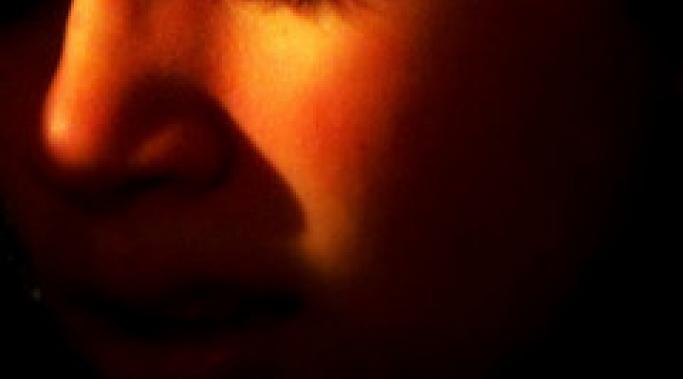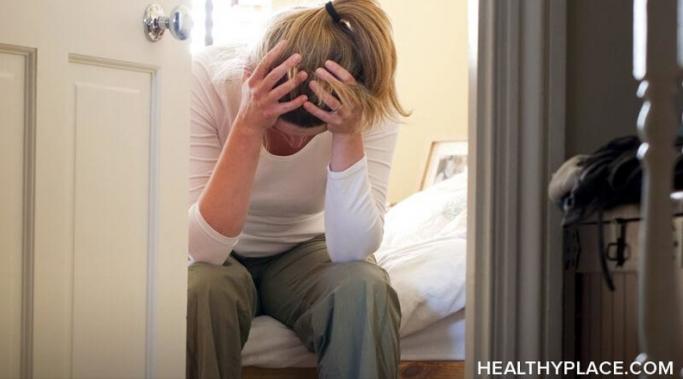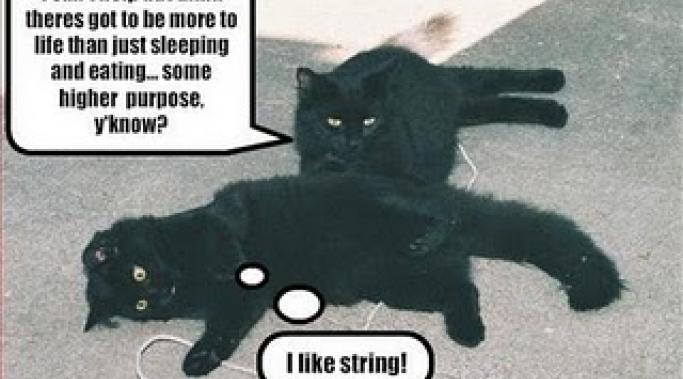It's hardly a secret that in the mental health field, everyone gets their take. There is no definitive medical test for any mental illness, and most mental health professionals don't have the time or resources to dig as deep as one hopes.
Anxiety Management – Treating Anxiety
Most days I feel like I'm breaking and entering -in search of a place I fit. A narcissistic fantasy? The inverse reflection of all the pain I've kept on ice... The parts of the story that are hoped for, soon forgotten, and incredibly unlikely to come true.
Living with anxiety: control?
I'm sitting in my apartment, my mind playing fast and loose with past and present, time and space. It's humid and muggy and I haven't slept properly in weeks.
What makes Nightmare on Elm Street seem like Annie?
Yesterday I spent an hour deciding whether to get out of bed. Then another hour deciding if I felt okay to take a shower or eat something, then some considerable time pacing, trying to rid myself of the anxiety standing between me and actually getting dressed (pajamas are seductive, evil, wonderful things).
At first I wasn't going to go to my usual Yoga class but then I was out, and it was round the corner anyway, so with some umming and ahhing and a couple of changes direction, I went.
Left class with my nervous system a lot more chilled. But why all the resistance? It's like I want to live up to all these sayings: Carpe Diem, Own the Day. Only I feel more like a drone.
I've had serious anxiety issues since I was about 12, give or take. Growing up, I guess I internalized the way people look at you when they think you're crazy; The questions they ask, and the far more terrible ones they don't.
Why can't I deal with this mental health thing without causing so much trouble, anyway?!
Sometimes I feel like I just don't get it; Like I can't, or won't, or something somewhere inside is keeping me from understanding enough about myself, mental health, how to heal things.
Anxiety: All in all, another brick in the wall?
First, do no harm. Which MD or not, you are tinkering with my brain.
Listen, and don't talk to me like I'm an idiot
Try using psychobabble and I let down the tires on your car
I doubt I'm alone in being disturbed by some of the language used to treat anxiety and mental health difficulties.
The stress of an anxiety disorder can twist the fabric of life; I can't see it the same way as I did before my "nervous condition" set in. This isn't stage-fright, or make believe. It's not masterpiece theatre. I did not get PTSD from watching too many Twilight Zone episodes.
But I am living my life just in case
Managing anxiety: "Sitting with emotion"?
Totally useless chapter in The Psychiatrists' Guide to WTF is Up with My Brain (AKA DSM-IV), or are people greater than the sum of their parts?
Sometimes I get so anxious I don't know what to do, so I won't do anything. Just in case I make things worse, or my fears are true.
How do you deal with the very real issues that keep you stuck in old patterns, between a rock and a wall of ever more intolerable panic?
Psychologists talk about learning to be with anxiety. But it's an idea, a theory, and I can't always do it.
How does psychotherapy work?
Isn't it just self-indulgent rubbish? What could talking ever accomplish?
Talk therapy is basically permission to bitch about anxiety, in a heavily supervised and hopefully well-structured manner.
Seriously, even if it's only with one person in your life, and you happen to pay them: whine, vent, cry, squeal, delight and dream. Then do it all again next week. It's good for you!
About anxiety
The issue is that whilst my internal anxiety alarm* is going off like a Trade Unionist in Wisconsin any other feelings I might have are being drowned out. (*Part I)
Talking about a revolution. Stop anxiety
For all that I may believe in the validity of my anxiety, it comes with far too many unreasonable expectations. I cannot meet them all, which really just makes it a loud, obnoxious sidekick I could do without.
I can't evict my anxiety disorder (chronic PTSD), unfortunately. So I've had to find ways ways to fool it: to get my mind thinking as I may not always believe, or to switch racing, anxious thoughts and frustrations onto a different track.









